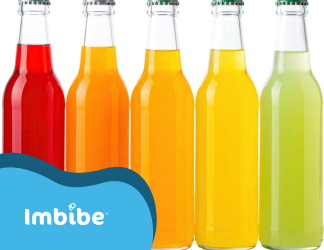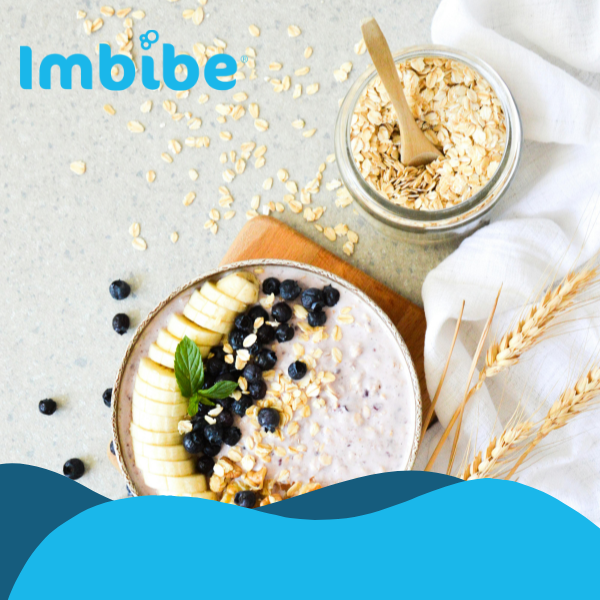Have you found yourself wondering: what are microplastics?
Microplastics, tiny plastic particles less than 5 millimeters in size, are a growing environmental concern. They originate from various sources, including the breakdown of larger plastic items and microbeads in personal care products. These particles have been found in water bodies, soil, and even the air we breathe.
The main issues associated with microplastics are:
- Environmental Impact: Microplastics can harm marine life, as animals may mistake them for food, leading to ingestion and potential harm. They can also disrupt ecosystems and accumulate in food chains.
- Human Health Concerns: While research is ongoing, there are concerns about the potential health risks of microplastic exposure. Ingesting or inhaling microplastics could have adverse effects on human health, though the extent of these risks is still being studied.
- Persistence in the Environment: Microplastics are highly persistent, meaning they break down very slowly, leading to long-term environmental contamination.
Food and beverage manufacturers can take several steps to address concerns about microplastics:
1. Minimize Plastic Usage:
- Reduce Packaging: Opt for minimal packaging or use recyclable and biodegradable materials.
- Optimize Packaging Design: Design packaging to reduce the amount of plastic needed.
- Explore Alternative Materials: Consider using glass, paper, or other sustainable materials.
2. Improve Manufacturing Processes:
- Clean Production Environments: Maintain clean production facilities to reduce the risk of plastic particles entering the food supply chain.
- Regular Equipment Maintenance: Ensure proper maintenance of machinery to prevent plastic shedding.
- Monitor and Test: Implement regular testing and monitoring procedures to assess microplastic levels in products.
3. Research and Innovation:
- Develop Innovative Packaging Solutions: Invest in research and development to find innovative, sustainable packaging alternatives.
- Explore Microplastic Filtration Technologies: Investigate technologies to filter microplastics from water and other liquid products.
- Collaborate with Scientists and Researchers: Partner with academic institutions and research organizations to advance knowledge in this area.
4. Transparency and Communication:
- Be Transparent with Consumers: Communicate openly about efforts to reduce microplastic contamination.
- Provide Clear Labeling: Label products with information about packaging materials and recycling guidelines.
- Engage with Stakeholders: Participate in industry discussions and collaborate with other manufacturers to address the issue collectively.
By taking these steps, food and beverage manufacturers can contribute to reducing microplastic pollution and build consumer trust. And no matter the packaging you choose, Imbibe can help optimize your formulation for the specific packaging and processing conditions.



